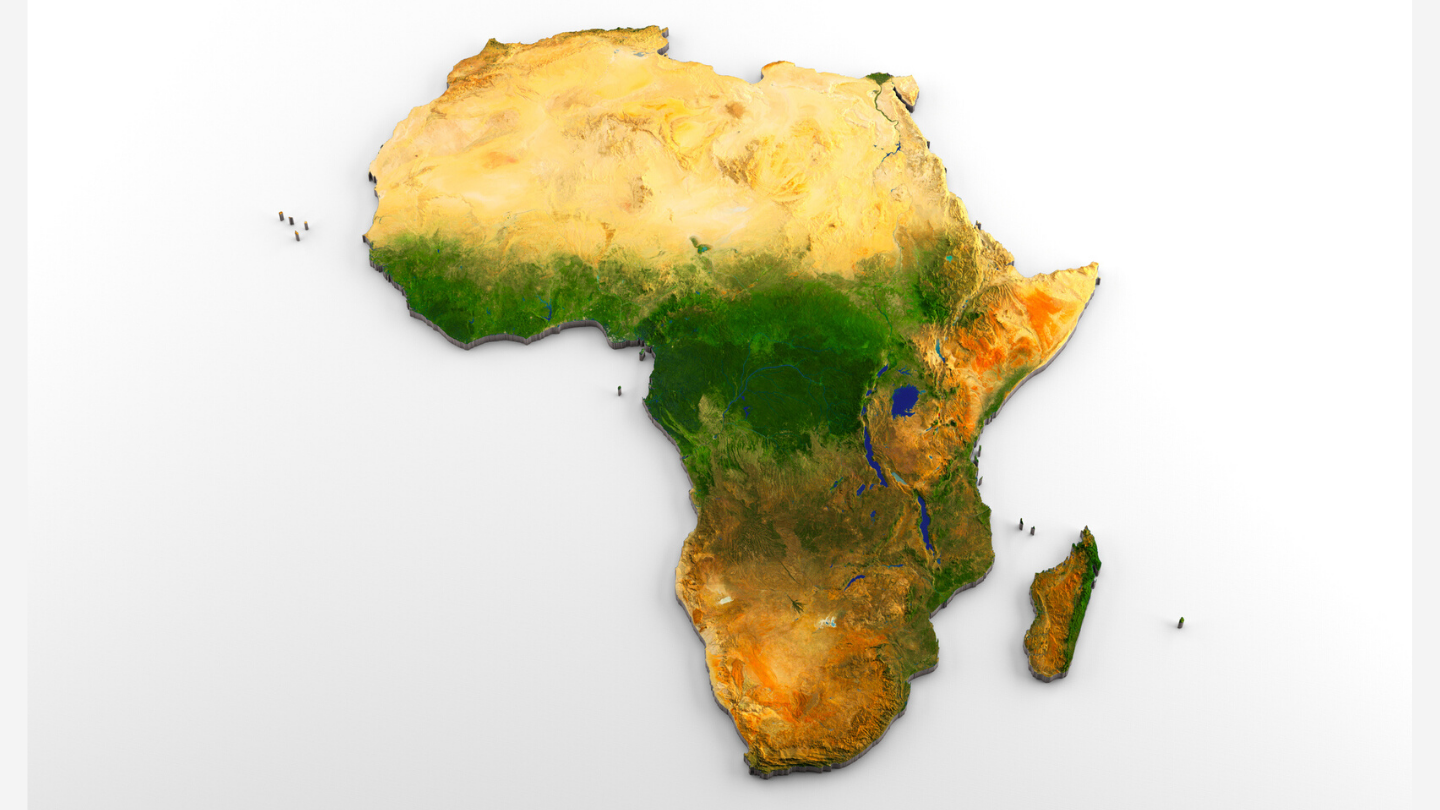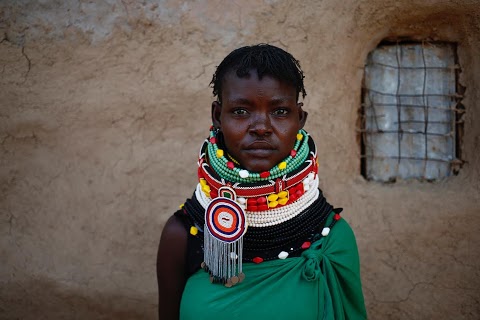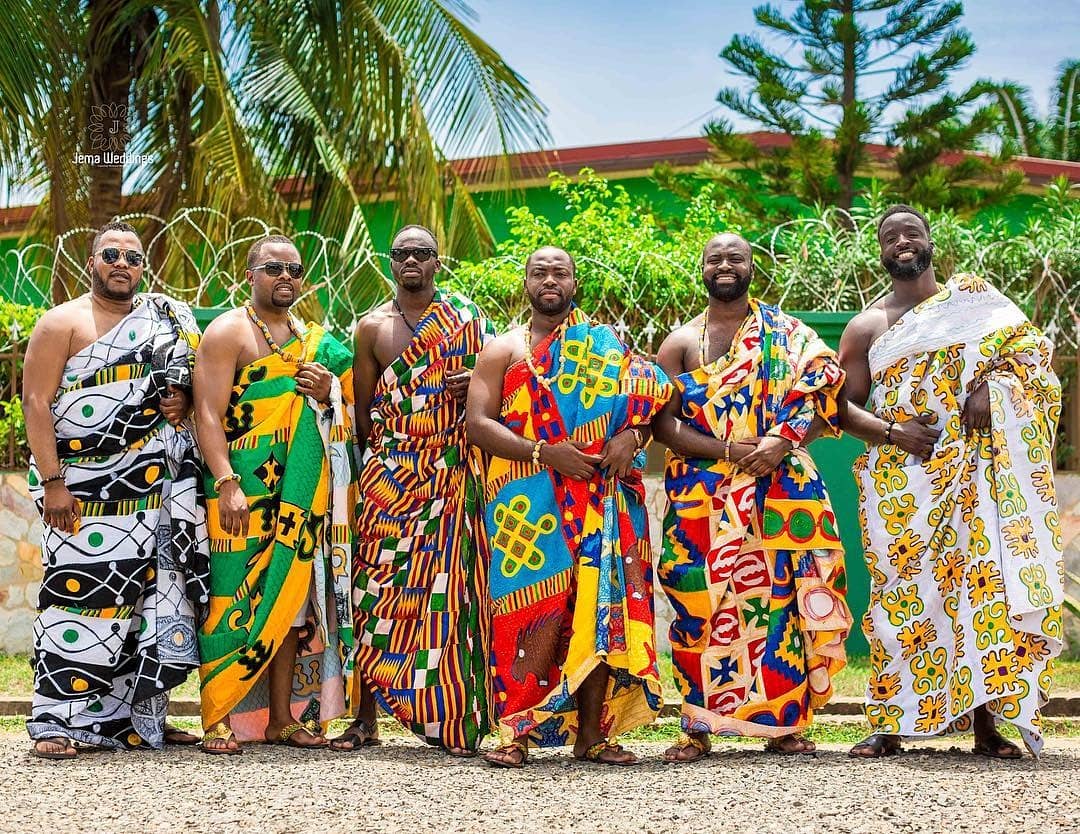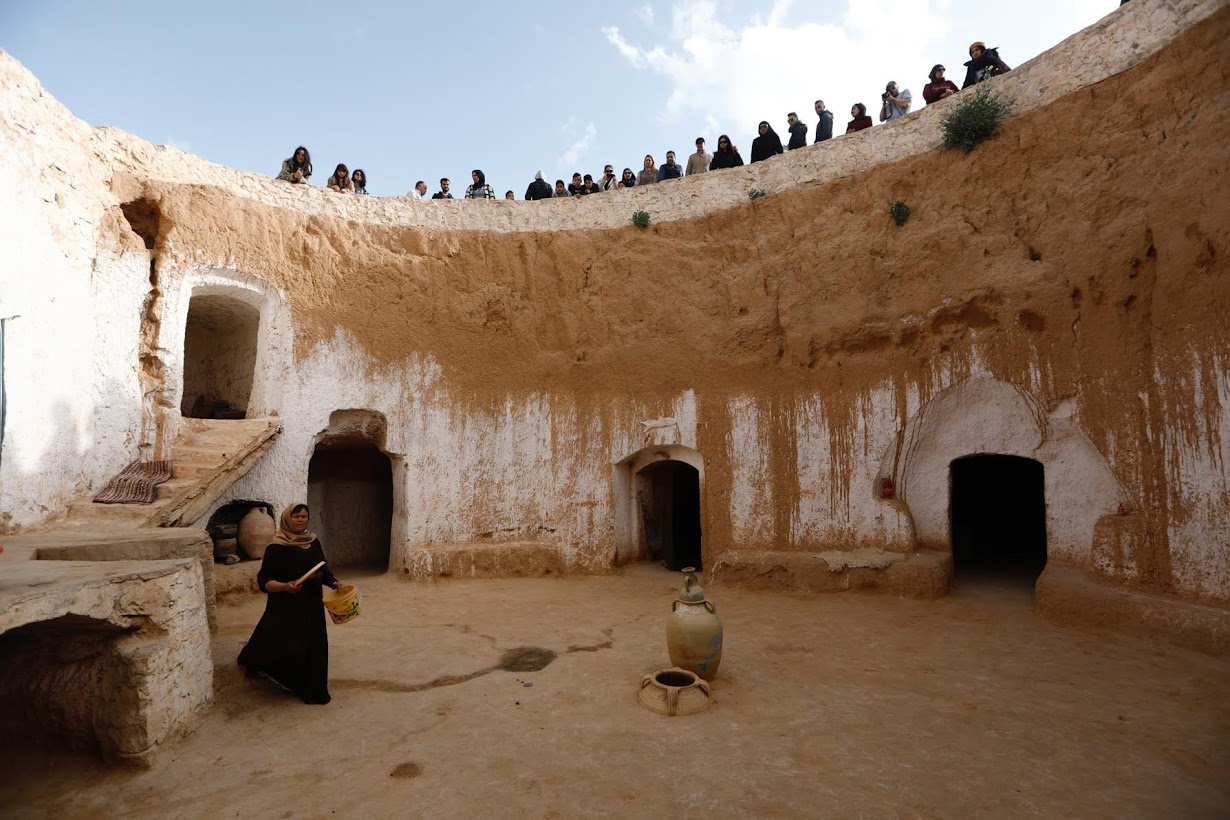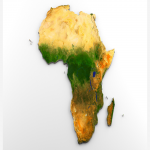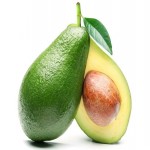MALI : BAMAKO SHINES WITH BAZIN FABRIC.
Bazin, Mali's signature Fabric is a polished, heavy cotton fabric with a distinctive sheen, is extremely popular across the region and is worn at almost all formal occasions in Mali, a West African Nation.
The annual Festi’Bazin, held in late October in the riverside capital Bamako, showcased the cloth and featured designers from Senegal, Mali, Niger and Morocco. However its focus was as much on improving the lives of people in one of the world's poorest countries as it was on fashion.
According to Aminata Bocoum, Festi'Bazin's founder, the bazin industry is great because you don't need to go to school to be a designer or stylist or dyer or tailor. Creativity is something you don't learn. It's something you're born with. “Mali, the biggest bazin producer in the world: this is what I dream of,” she said.
While many Malians, particularly women, sell bazin or tailor clothing from it, the country produces none of the cloth it consumes despite being one of Africa's top growers of cotton. Instead it imports finished bazin, also called damask, from Germany, Austria, and increasingly China.
Bocoum wants those companies to build factories in her homeland.
Mali is still struggling to emerge from several years of political turmoil highlighted by an ethnic Tuareg uprising, a 2012 coup, and a year-long occupation of its vast desert north by Islamist militants, some with links to al Qaeda.
Economic growth fell to zero in 2012, dealing a vicious blow to Malians, nearly 78 percent of whom live on less than $2 a day according to the United Nations.
A 2013 French military intervention and subsequent elections have restored a semblance of order, though sporadic violence persists. And as life slowly gets back to normal, Malians are looking to get back to work.
A rapidly growing cottage industry of artisans already hand-dyes the cloth in bright colours and patterns, increasing the sale value by up to 40 percent.
“If you show up to a marriage without wearing bazin, you might as well not show up at all,” said Baba Sereme, a designer known for his bazin suits for men, hand-dyed elaborate colour schemes.

